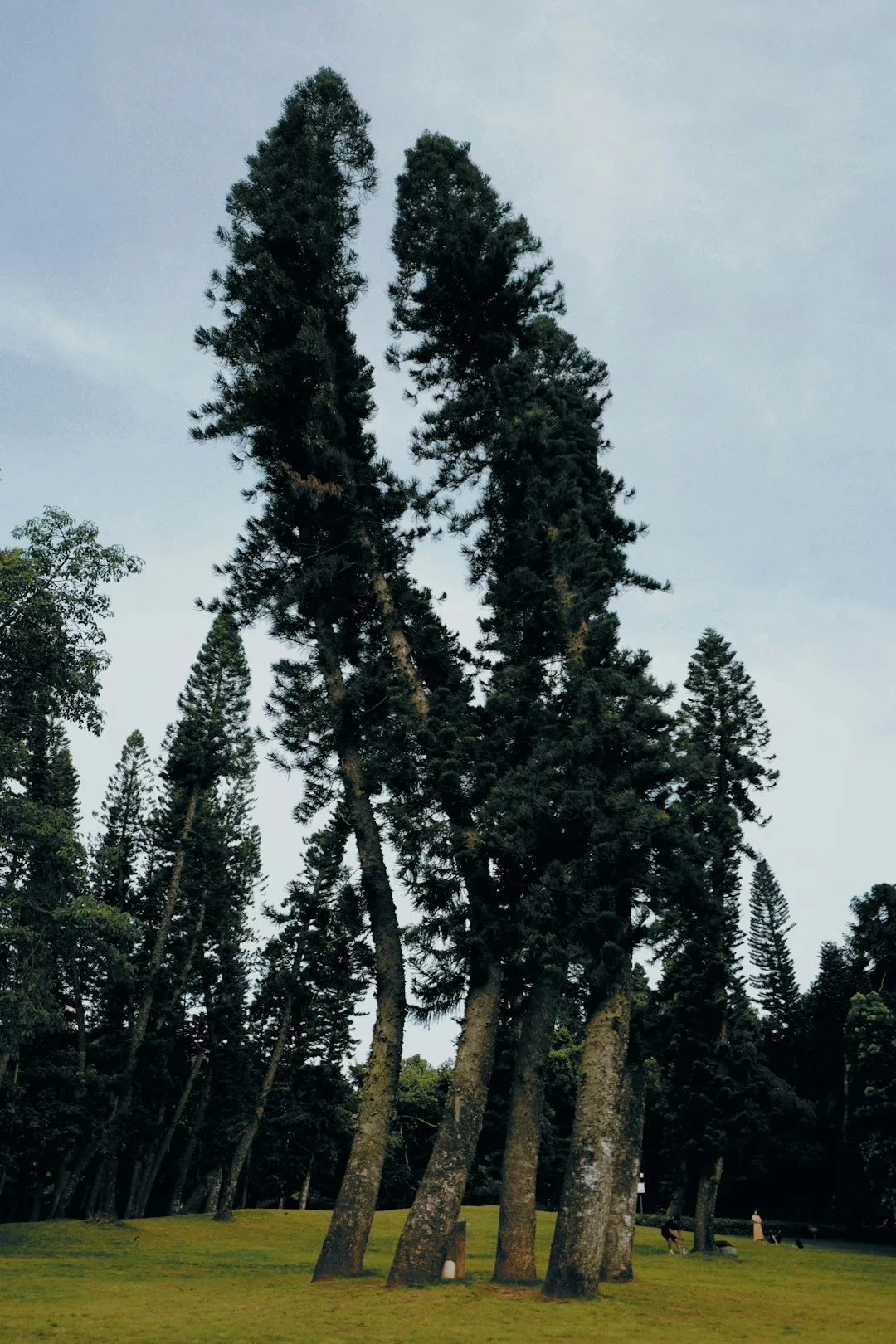Kratom, a natural opioid from Mitragyna speciosa leaves, has varying legal statuses globally. In the U.S., Arizona classifies it as a Schedule I substance, making it illegal. Malaysia, despite historical acceptance, has tightened controls due to misuse and health concerns. Malaysian Kratom Buds, sought after worldwide for their quality and effects, must be legally obtained considering diverse global regulations, including Arizona's prohibition on kratom. Individuals should stay informed about local restrictions and federal laws regarding mitragynine content.
“Discover the enigmatic world of Malaysian Kratom Buds, a herbal staple with a complex legal landscape. This article navigates the global perspective on kratom laws, shedding light on its origins and diverse varieties. We explore the specific regulations surrounding this herb in Malaysia and delve into the legal status in Arizona, offering a comprehensive guide for those curious about its legality. Unravel the myths and understand the current stance on kratom in ‘the Grand Canyon State’ and beyond.”
- Kratom Laws and Regulations: A Global Perspective
- Understanding Malaysian Kratom Buds: Origin and Varieties
- Is Kratom Legal in Arizona? A Comprehensive Guide
Kratom Laws and Regulations: A Global Perspective

Kratom, a natural opioid derived from the leaves of the Mitragyna speciosa tree, has gained both popularity and controversy worldwide, including in Malaysia, its country of origin. The legal status of kratom varies significantly across different regions, making it essential for users to understand their local regulations. In the United States, for instance, kratom is largely unregulated at the federal level, but individual states have enacted their own laws. As of now, Arizona considers kratom a Schedule I controlled substance, which makes possession and use illegal. This strict classification often arises from concerns related to its potential for abuse and lack of accepted medical use in the US.
However, many countries and regions have taken a more nuanced approach. Malaysia, where kratom has been chewed as a traditional medicine for generations, has recently implemented stricter controls due to rising misuse and health concerns. The global perspective on kratom laws reflects a complex interplay between cultural acceptance, potential risks, and the need for public health safeguards. Understanding these variations in regulations is crucial for anyone interested in the accessibility of kratom, especially when traveling or sourcing products across borders, like those seeking Malaysian Kratom Buds.
Understanding Malaysian Kratom Buds: Origin and Varieties

Malaysian Kratom Buds, known for their superior quality and potent effects, are a sought-after variety among enthusiasts worldwide. Originating from the lush rainforests of Malaysia, these buds are harvested from the Mitragyna speciosa plant, renowned for its medicinal properties and psychoactive compounds. The country’s optimal growing conditions, including rich soil and abundant sunlight, contribute to the exceptional potency and diversity of Malaysian kratom.
Varieties of Malaysian Kratom Buds range from red, white, and green strains, each offering unique effects. Red strains are known for their relaxing and pain-relieving properties, while whites provide a more energetic and stimulating experience. Greens, on the other hand, offer a balanced blend of both. It’s crucial to note that, despite its popularity, kratom’s legal status varies globally; in Arizona, for instance, kratom is currently considered illegal, highlighting the importance of understanding local regulations before purchasing or consuming it.
Is Kratom Legal in Arizona? A Comprehensive Guide

In Arizona, the legal status of Kratom (Mitragyna speciosa) has been a subject of ongoing debate and clarification. As of recent years, there have been efforts to bring Kratom under regulatory control due to concerns over its potential misuse and effects on public health. However, as of now, Kratom remains largely legal in the state with some exceptions.
The key point to note is that while Kratom is generally legal across Arizona, certain cities and municipalities may have their own restrictions or ordinances banning the sale and possession of Kratom. Additionally, federal laws prohibit the distribution or sale of Kratom containing more than 0.3% mitragynine, a primary psychoactive compound. It’s crucial for individuals in Arizona to stay informed about local regulations and check for any updates from official sources before purchasing or consuming Kratom to ensure they are adhering to the current legal framework.
While global regulations vary widely, recognizing the potential risks and benefits of Malaysian Kratom Buds, understanding local laws, such as those regarding kratom’s legality in Arizona, is crucial for consumers. This article has provided insights into the global perspective on kratom laws, explored the unique origins and varieties of Malaysian Kratom Buds, and given a comprehensive guide to whether kratom remains legal in Arizona. Remember that staying informed about local regulations is essential when navigating the use of alternative natural remedies like kratom.














